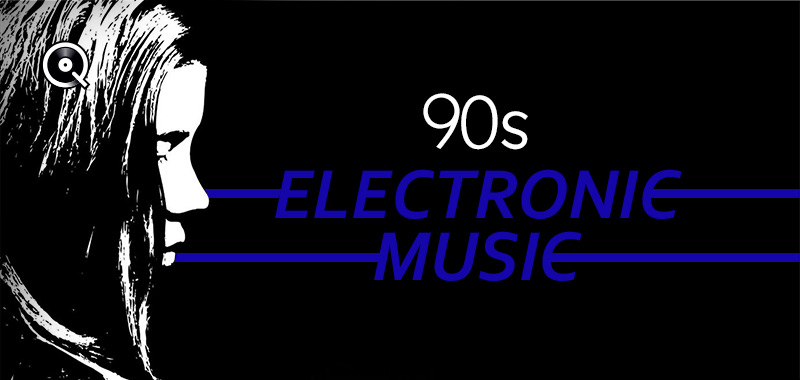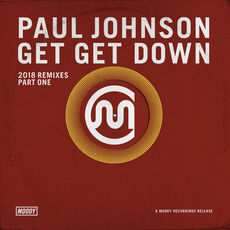Throughout their 28-year career, Thomas Bangalter and Guy-Manuel de Homem-Christo have drawn on a rich cultural draught brewed up from Parisian cinemas, libraries, record stores and magazines. First nourished on rock (The Velvet Underground, Jimi Hendrix, The Stone Roses, Bowie...), which was an obvious choice for the high school students who were born in 1974 and 1975. To that influence they would later add the fantasmagoria of David Cronenberg and John Carpenter, or Brian De Palma’s Phantom of the Paradise, which they have quoted at length in many interviews.
If this made them a little "different" compared to the average teenager in terms of cultural influences, they never left the mainstream behind, whether that be Van Halen, Supertramp, MTV or Japanese cartoons, whose influences can be found on the film Interstella 5555 (produced in 2003 by Toei Animation, the legendary Japanese studio behind Albator or Goldorak), and their second album, Discovery.
In fact, Daft Punk’s whole career can be thought of as one (very) extended remix of the pop culture of the 70s and 80s. It’s an artistic attitude that they adopt wholeheartedly: « Innovation is not the supreme value: music is the transmission of emotions, so that people dance or feel happy, and that does not always happen thanks to novelties », argued Thomas Bangalter. « This is what interests us, but every artist is free to choose their own approach.”
Their first album, Homework, could not have made this more explicit: inside the album cover there is a photo of an office plastered with clippings: Playboy magazine, The Rex Club, temple of Parisian techno, Led Zep, The Who, Kiss and a Chic vinyl. Nile Rodgers' influence on Around the World was such that Bangalter would say a few years later that “it was like making a Chic record just with a talkbox and playing bass on a synth”.
Create a free account to keep reading






















